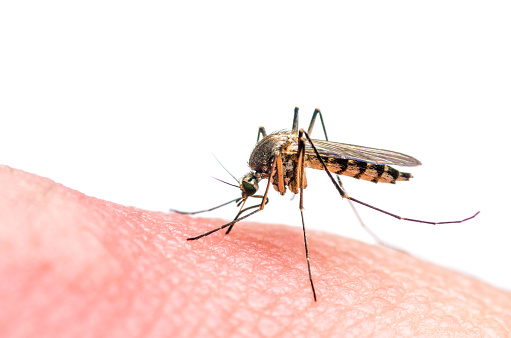 Physicians at Houston Methodist St. John Hospital in Nassau Bay are encouraging Bay Area residents – especially those who are expecting or who plan to become pregnant soon – to take common-sense precautions against the Zika virus.
Physicians at Houston Methodist St. John Hospital in Nassau Bay are encouraging Bay Area residents – especially those who are expecting or who plan to become pregnant soon – to take common-sense precautions against the Zika virus.
“Zika can have serious consequences for unborn babies, but the good news is that it can easily be prevented with a few simple safeguards,” says Sri Gottimukkala, M.D., of Houston Methodist Obstetrics & Gynecology Associates at St. John. “For women in their child-bearing years, the best approach is to be cautious and make certain that you and your partner are protected.”
The Zika virus is found primarily in Latin America and the Caribbean. It is spread directly by the bite of the Aedes species of mosquito as well as through contact with the semen of an infected man.
When contracted by pregnant women, Zika can cause the neurological defect known as microcephaly, or incomplete brain development, in their newborn babies. It is less serious in non-pregnant adults and children, causing fever, joint/muscle pain and conjunctivitis, commonly known as “pink eye.”
As of early July, there has not been a reported case of locally contracted Zika in Texas. The small number of individuals here who developed the disease did so after traveling to a virus hot spot.
“Women who are pregnant or who plan to become pregnant, as well as their partners, should avoid travel to areas where Zika is prevalent,” says Gottimukkala. “That will limit their exposure to the Aedes mosquito and significantly lessen their chances of contracting Zika.”
Visit http://www.cdc.gov/zika/geo/
Still, experts say it is possible for virus-carrying mosquitoes to reach Texas and thrive in the hot climate. Because of that, Gottimukkala also recommends that women and their partners stay inside when possible, and when outside, wear long-sleeved shirts and long pants – especially during daytime hours, when the Aedes mosquito is more likely to bite. In addition, it is important to remove mosquito breeding areas from around the house, such as standing water in outside planters or bird baths.
Another important protection is the regular use of insect repellent.
“Insect repellents with DEET or picaridin, in concentrations of up to 30 percent, offer excellent protection from the mosquito that carries Zika and they are safe for pregnant women when used properly,” says Gottimukkala. “Some of the most effective brands, like OFF! Deep Woods VIII and Cutter lemon eucalyptus, are readily available in local stores.”
Gottimukkala recommends putting on sunscreen first and then applying insect repellent lightly to your skin and clothing. When applying to your face, spray the repellent on your hands first and then rub it in. Be sure to wash your hands after application and before eating or drinking.
Because Zika virus symptoms can be mild, many people do not realize that they have been infected. That’s why it is important for women who are thinking about getting pregnant to talk with their gynecologist/obstetrician about their travel history – as well as their partner’s travel history – before trying to conceive.


